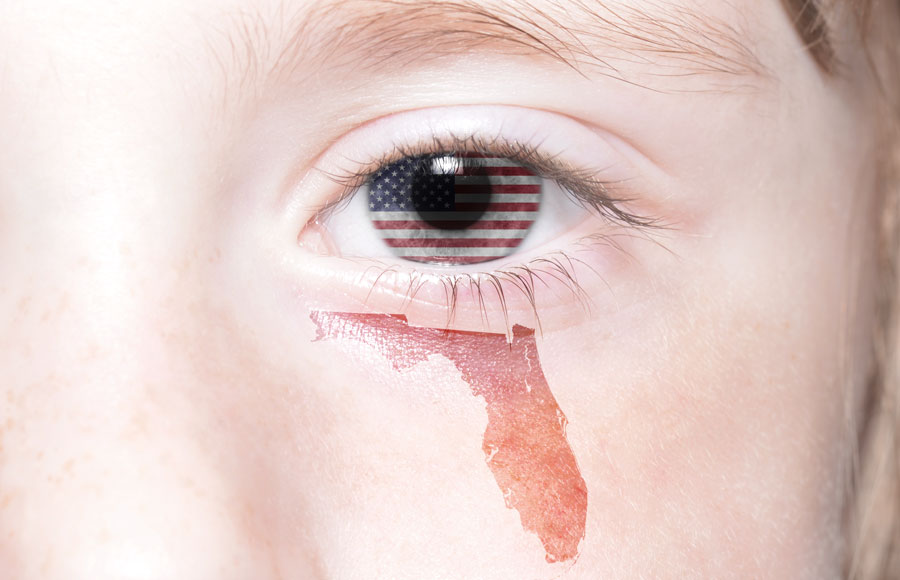
TALLAHASSEE, FL – Children’s advocacy groups are calling on lawmakers to do more to improve the well-being of Florida’s kids. For the first time, the 2022 Kids Count Data Book, released this week by the Annie E. Casey Foundation, addresses the state of youths’ mental health.
The data show the number of Florida children between the ages of three and 17 with mental distress increased 21.8% from 2016 to 2020. And nationally, more than one in nine children experienced anxiety, depression or both.
Norin Dollard, senior policy analyst and Kids Count director for the Florida Policy Institute, said leaders should invest more in providing more counselor and school psychologists as a start.
“The levels of anxiety and depression have been rising among our young people,” Dollard reported. “It’s more important than ever that we make sure that they have adequate services and support, so they don’t continue to suffer.”
The report, which compares how children and families fare across states, ranks Florida 35th, a ranking it has held for the third straight year. Dollard emphasized it means there have not been enough improvements, since there are still are one in five children living below the federal poverty level.
Leslie Boissiere, vice president of external affairs for the Annie E. Casey Foundation, explained kids who grow up in poverty or without having their basic needs met experience more stress.
“There’s a direct correlation between trauma and stress and poverty,” Boissiere pointed out. “We know that the financial hardships that families experience – lack of access to basic needs, like nutrition and health care, has a direct impact on the well-being of kids.”
Dollard added the state could draw down federal funds to expand Mobile Response Teams, to provide crisis-intervention services for rising mental-health needs.
“We can capitalize on the new 988 crisis line that rolled out in July,” Dollard urged. “But we need to make sure there are services in the community available for kids to connect to if they are struggling, and they reach out.”
Florida ranks 13th in education and has shown good progress in the high school graduation rate since 2010.



Comments are closed.